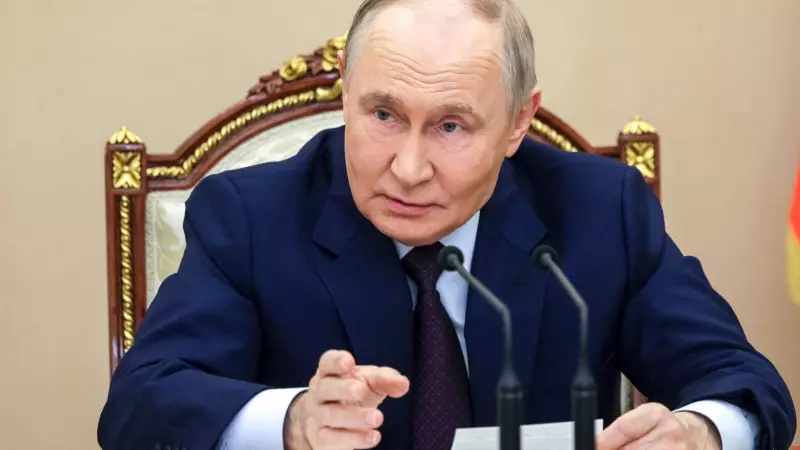
In a development that has sent shockwaves through international security circles, former US President Donald Trump has allegedly advised Russian leader Vladimir Putin to prepare for resuming nuclear weapons tests. This potential shift in nuclear policy threatens to unravel decades of global non-proliferation efforts.
The Controversial Suggestion
According to sources familiar with the matter, Trump reportedly made this suggestion during private conversations, urging Russia to "get ready" for nuclear testing. This advice comes despite the United States being among the 177 signatories of the Comprehensive Nuclear-Test-Ban Treaty (CTBT), which aims to prohibit all nuclear explosions.
Russia's Response and Military Posture
The Kremlin has responded cautiously to these developments. Russian officials have indicated they might consider revoking their ratification of the CTBT, mirroring actions taken by the United States. Moscow has emphasized that any decision would be based on "the principle of reciprocity" regarding American nuclear policy.
Recent military movements suggest Russia is already preparing its nuclear testing facilities. Satellite imagery and intelligence reports indicate increased activity at remote sites like Novaya Zemlya in the Arctic, historically used for Soviet nuclear tests.
Global Reactions and Security Implications
International experts are expressing grave concerns about these developments. "This could trigger a new nuclear arms race," warned Dr. Anjali Sharma, senior fellow at the Delhi Policy Group. "We're potentially looking at the complete collapse of the global nuclear test ban framework that has maintained stability since the Cold War."
The Biden administration has condemned any suggestion of resuming nuclear testing, with White House officials calling such moves "dangerously irresponsible." European and Asian allies have echoed these concerns, fearing renewed nuclear provocations from other nuclear-armed states.
Historical Context and Future Ramifications
The last known nuclear test by the United States occurred in 1992, while Russia last conducted one in 1990. The potential resumption of testing represents a significant regression in global security cooperation. Arms control advocates worry this could encourage other nuclear powers to follow suit, creating a domino effect that undermines international stability.
As the situation develops, diplomatic channels remain active, though tensions continue to mount. The international community watches anxiously, hoping cooler heads will prevail to prevent a return to nuclear brinkmanship not seen since the darkest days of the Cold War.





